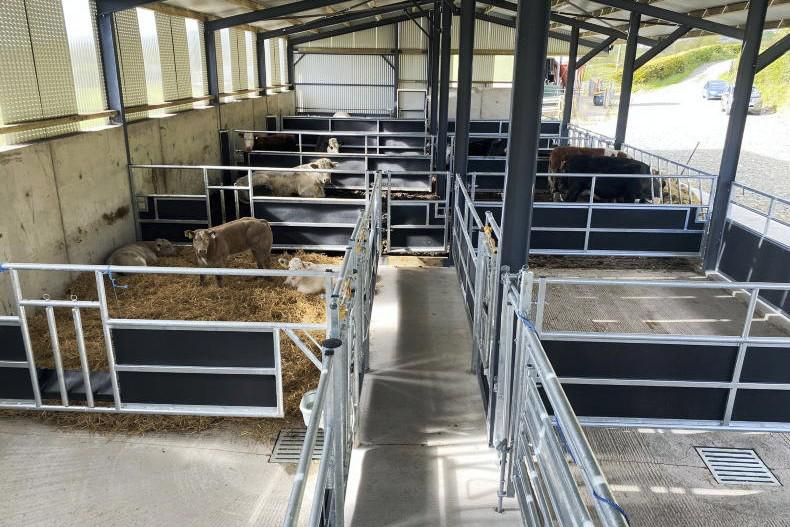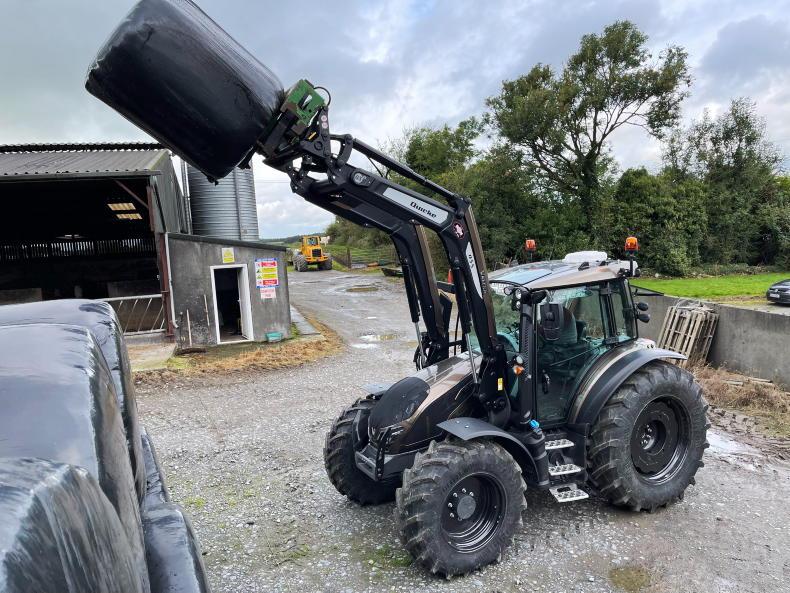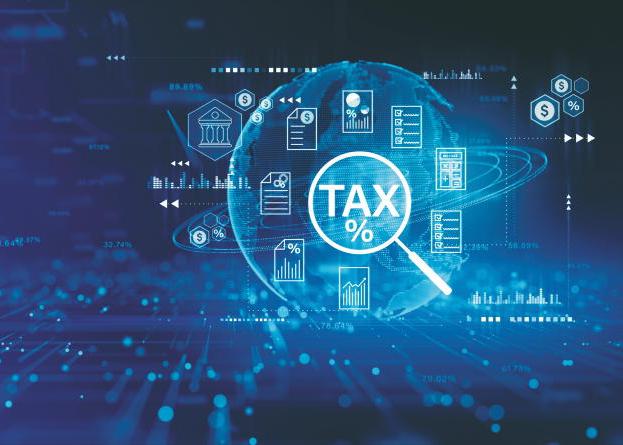Farmers work harder than almost anyone for the money they earn. As many have seen over the past few years, the amount of money that is earned can be hugely variable from year to year. Income from the strong years, if managed well, can help to get through the leaner ones.
There is also a need for farmers to put money aside for non-farming expenses, particularly if they have a family.
Education will have to be paid for, there may be a need to extend or develop the home, there will have to be planning for healthcare and retirement in later life.
If a farmer is going through their career without trying to build up savings for both the expected and the unexpected, they will find themselves in the position of needing to borrow to cover emergencies and either relying on what could end up being a very small pension in later life or having to work well passed the normal retirement age.
Over the next few pages, we will look at what options there are for putting money aside, why a pension is one of the best investments you can make, and how to reduce your tax bill as much as possible along the way.
Farming is not like other occupations where the income is steady and, often, the employer takes care of pension arrangements.
Farmers have to both take care of their own pension, and often be their own financial planner when it comes to making the big decisions about borrowing, saving and investing in their business.
Financial advice
There is no financial advice in these articles – we are certainly not qualified for that – but after reading them, we hope you will at least know what questions to ask, and also maybe have a think about if you are doing enough to look after your future.









SHARING OPTIONS